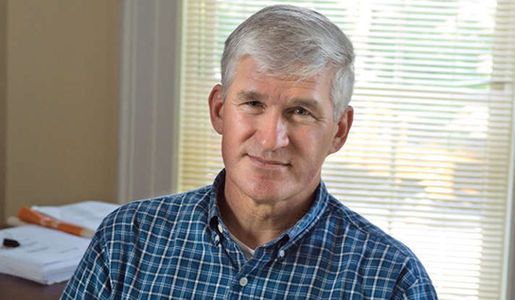Bacevich: Obama Muddles Foreign Policy
Andrew Bacevich, professor emeritus at the Frederick S. Pardee School of Global Studies at Boston University, said that the Obama administration had muddled most of their foreign policy initiatives, culminating with John Kerry’s inauspicious visit to France in the wake of the Charlie Hebdo attacks.
Bacevich made his argument in a Jan. 29 op-ed in the LA Times entitled “Lacking a foreign policy vision, Obama administration muddles along.”
Said Bacevich in the op-ed:
“Not one of the signature foreign policy initiatives conceived in President Obama’s first term has borne fruit. When it comes to making a fresh start with the Islamic world, responsibly ending the “dumb” war in Iraq (while winning the “necessary” one in Afghanistan), “resetting” U.S.-Russian relations and “pivoting” toward Asia, mark your score card 0 for 4. Kerry’s signature initiative in Obama’s second term — Israeli-Palestinian peace — has also sadly come to naught.
“Yes, the Obama team “got” Osama bin Laden. And it deserves credit for abandoning a counterproductive 50-plus-year-old policy toward Cuba and for signing a promising agreement with China on climate change. That said, the administration’s overall record of accomplishment is beyond thin, starting with that first-day-in-the-Oval-Office order to close Guantanamo.
“Nor should we expect much in the time that Obama has remaining. Perhaps there is a deal with Iran waiting in the wings, but signs of intellectual exhaustion are distinctly in evidence.”
You can read the entire piece here.
Bacevich is Professor Emeritus of International Relations and History at Boston University. A graduate of the U.S. Military Academy, he received his PhD in American Diplomatic History from Princeton University. Before joining the faculty of Boston University, he taught at West Point and Johns Hopkins. In 2004, Bacevich was a Berlin Prize Fellow at the American Academy in Berlin. He has also held fellowships at the Paul H. Nitze School of Advanced International Studies, the John F. Kennedy School of Government, and the Council on Foreign Relations.
